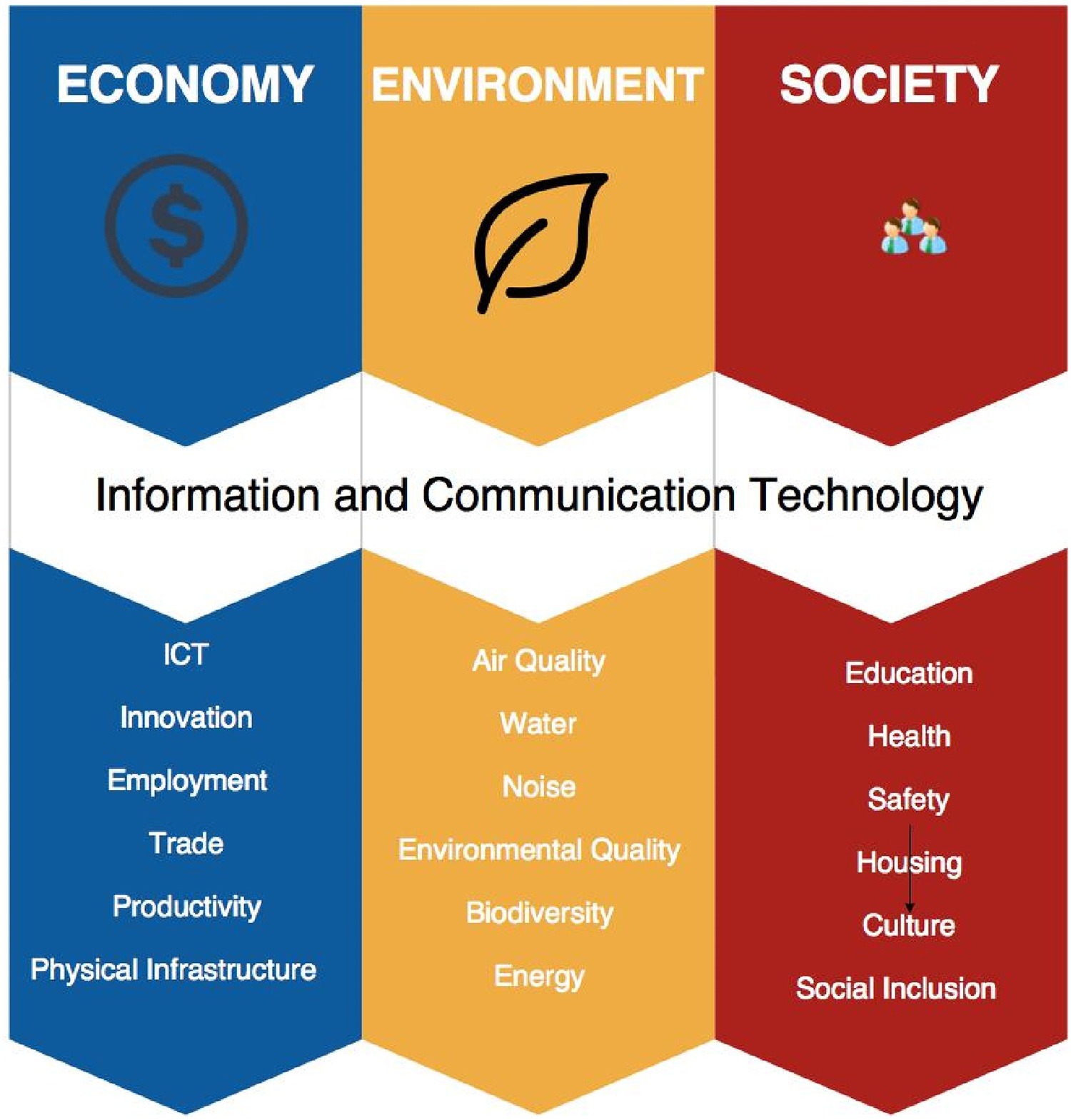Cardiovascular Implications of Stress and Depression, Volume , 1 January 2019
Social support is one of the most reliable predictors of better health outcomes, including lower cardiovascular disease morbidity and mortality. Although past research has focused on links between social support and health outcomes, much less work has explored whether social support is a mediator of the association between other psychological factors and cardiovascular disease. This chapter thus reviews the literature linking stress and depression to social support.
United Nations Development Programme, January 2019

